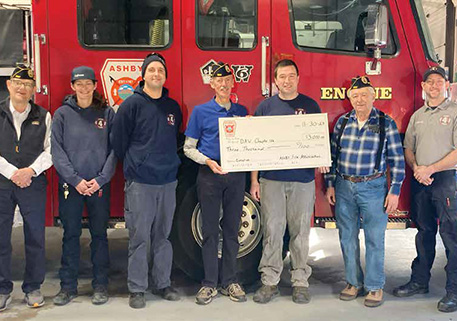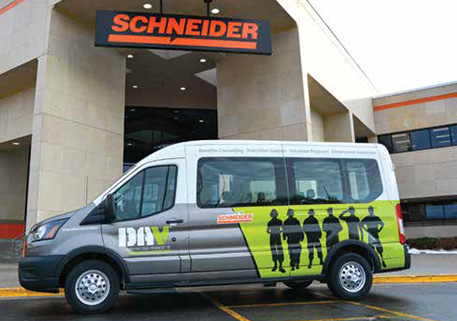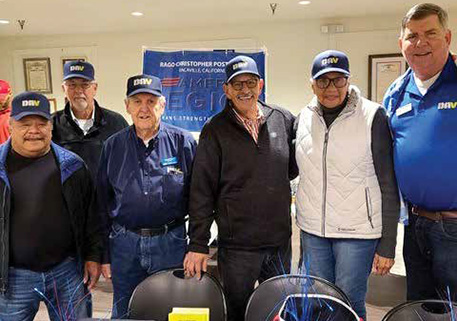In April, DAV Deputy National Legislative Director Adrian Atizado participated in a congressional roundtable discussion held by the House Committee on Veterans’ Affairs Subcommittee on Health to examine how the VA can improve and expand the VA’s Program of Comprehensive Assistance for Family Caregivers.
DAV has continued our advocacy for comprehensive caregiver benefits for veterans of all generations. Current law—based on the Caregivers and Veterans Omnibus Health Services Act of 2010—includes a program of comprehensive assistance for family caregivers, but only for caregivers of post-9/11 veterans.
“We strongly urge lawmakers to eliminate this arbitrary date restriction that negatively affects thousands of severely disabled veterans and their families,” said Atizado. “Caregivers of earlier generations of veterans who were injured or became ill as a result of their service to this country deserve the same support and available resources afforded to post-9/11 veterans.”
During the roundtable discussion, lawmakers met with VA decision makers, key stakeholders including DAV and industry experts to discuss the program’s effectiveness in meeting the clinical needs of veterans and their caregivers.
“It’s very important for us to tell our member’s stories and illustrate the real impact of this inequitable law on their lives. Likewise, it is imperative for DAV and our grassroots advocates to continue to press Congress to make just change to the law,” added Atizado. “We will not stop until veterans and their caregivers from all generations are eligible to receive the same care and benefits.”
Another key focal point of the discussion was concern regarding veteran and caregiver reports in the media. The group spoke about the need for greater transparency and standardization in the program’s operation.
“Decisions by VA to allow participants into the Program of Comprehensive Assistance for Family Caregivers, to increase or decrease their category designation, and in particular removing them from the program are at times not clearly communicated orally and in writing to veterans and their caregivers,” said Atizado.
Atizado said DAV recommends better communication practices between VA personnel and veterans’ caregivers. In addition, the antiquated clinical appeals process needs to be reformed and a robust information technology solution to support and manage the caregiver program should be implemented by VA.
“While fighting for comprehensive caregiver benefits for all severely injured veterans from all eras, we need to also focus on the laws that are currently in place,” added Atizado. “We need to make sure our veterans and caregivers are given all the information in a clear manner pertaining to their individual case.”






